
On April 19th, the 49th lecture of the BNU Zhuhai Legal Lecture Series themed "The Role of Scientific Evidence in Trial" and "Scientific Evidence and American Criminal Justice" was successfully held in Room B201, Lijiao Building, Beijing Normal University at Zhuhai.
This lecture was delivered by Zhang Baosheng, former Vice President and Professor of China University of Political Science and Law, and Man Yunlong, a practical professor at Peking University School of International Law. The lecture was presided over by Yuan Zhijie, Vice Dean and Professor of Beijing Normal University Law School and Director of the Center on the Rule of Law and Development of BNU Zhuhai. Distinguished Professor Mi Jian from Beijing Normal University, Editor Yang Wende from Gansu Social Sciences, and Dr. Jin Zhenbao attended the lecture. Master's and doctoral students from BNU Zhuhai and students from Beijing Institute of Technology, Zhuhai also attended the lecture.
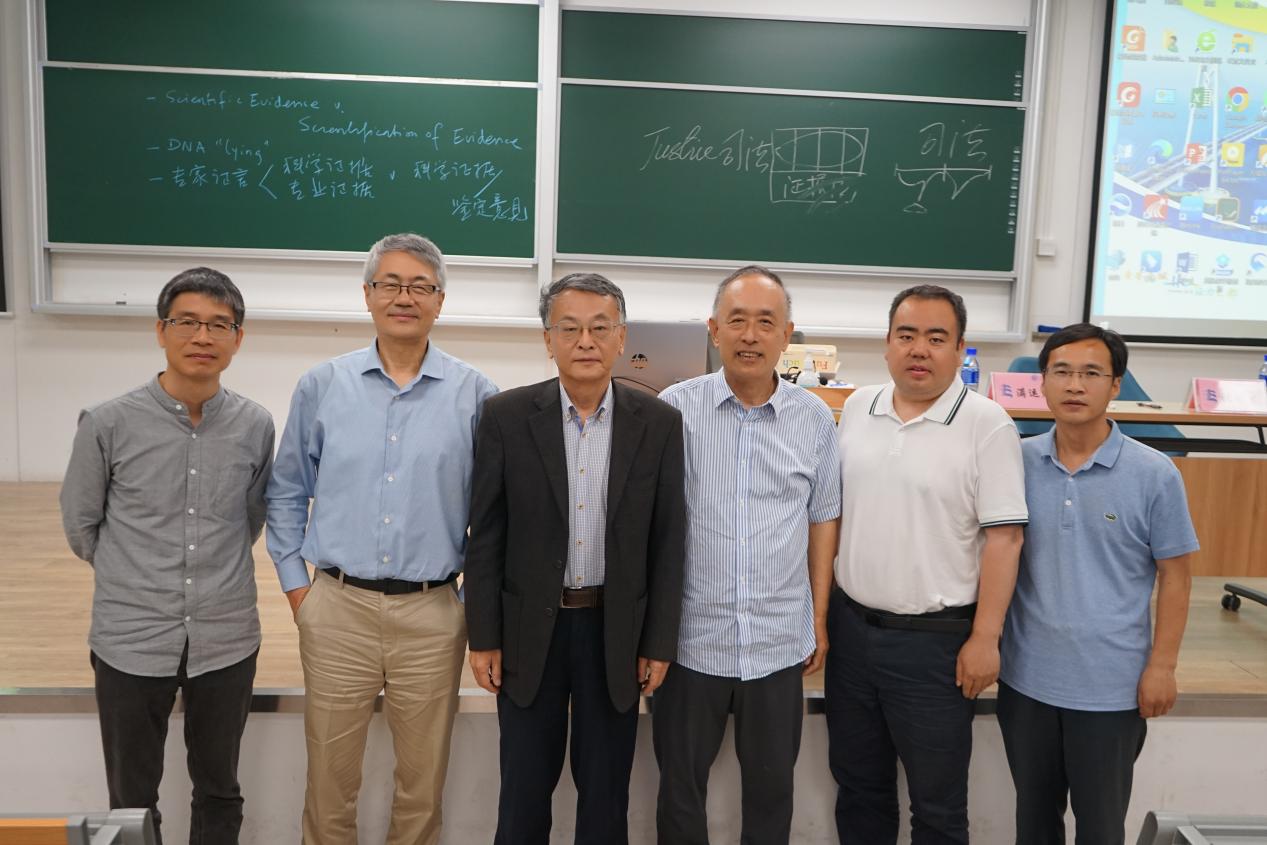

As the lecture was about to commence, Professor Yuan Zhijie introduced Professors Zhang Baosheng and Man Yunlong with due solemnity to the assembled students, extending a warm welcome and sincere appreciation for their presence to lecture at BNU Zhuhai. He praised the two scholars for their profound knowledge in the domain of evidence law and expressed eager anticipation for the rich intellectual banquet they were about to offer the students.
Kicking off the first segment of the lecture, Professor Zhang Baosheng presented a comprehensive overview of six key criteria for the admissibility of scientific evidence. He began by examining the nuances between concepts such as identification, authenticity, and evaluation, using Rule 702 of the Federal Rules of Evidence in the United States as a case study and drawing parallels with pertinent laws and regulations in China. Professor Zhang contended that no form of evidence, including scientific evidence, possesses an inherent probative value and stressed that scientific evidence can be both advantageous and hazardous in legal proceedings, necessitating its careful application. Moreover, he highlighted the shortcomings of China's "dual track system" for criminal expert assistants and appraisers, and illustrated his points with a discussion of the Lin Senhao poisoning case, delving into the nature of expert assistant opinions. Professor Zhang advocated for the transformation of criminal expert assistants into expert witnesses to elevate their role in the litigation process.
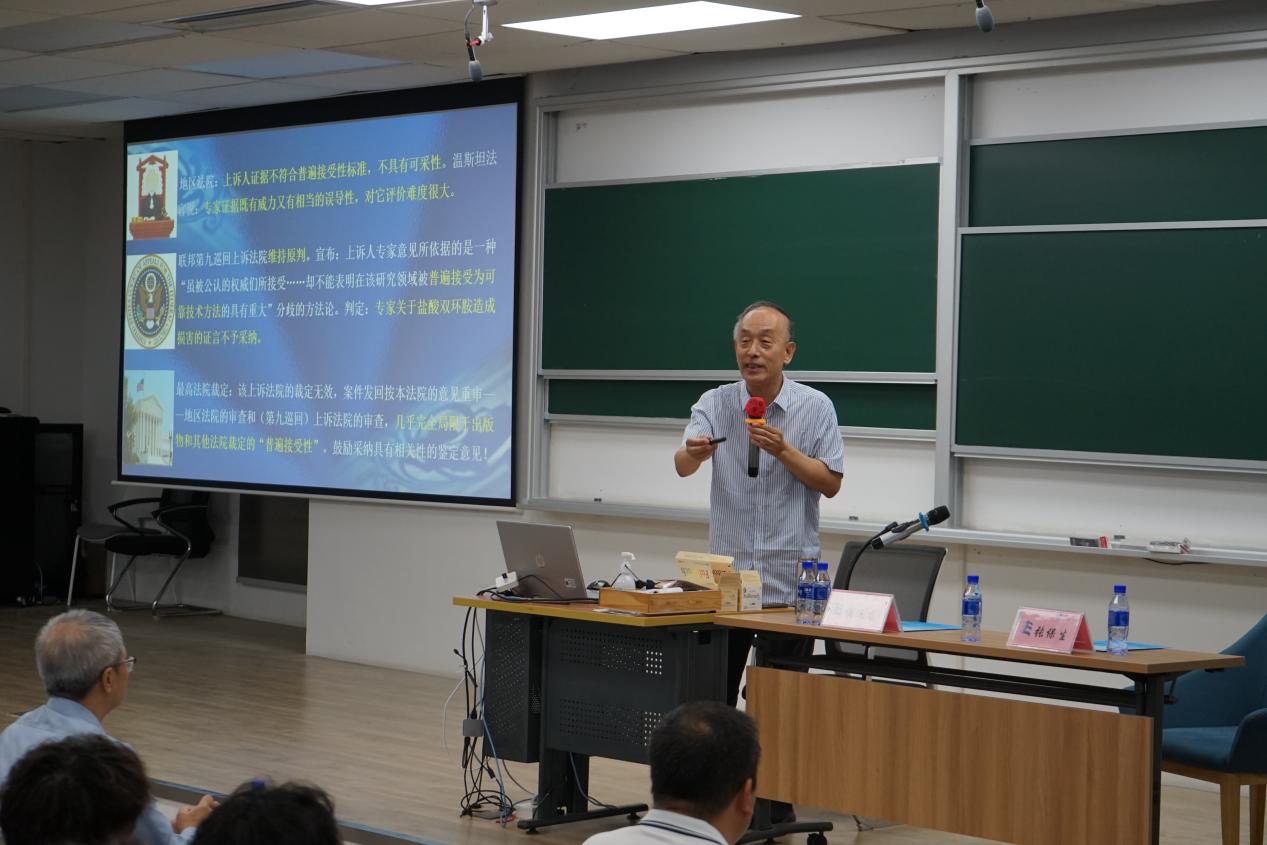
In the subsequent segment of the lecture, Professor Man Yunlong commenced by illustrating to the attendees the practical application of scientific evidence within the American criminal justice system, utilizing the high-profile cases of House and Zhang Yingying as exemplars. Following this, Professor Man delved into the various types of scientific evidence, with a particular focus on DNA testing technology. He underscored the critical role that scientific evidence occupies in the American criminal justice system, noting, however, that its use must adhere to due process principles to forestall misuse. Professor Man went on to dissect the institutional framework and the application of scientific evidence in judicial proceedings, providing a thorough analysis of the roles and obligations of prosecutors, criminal defendants, and the various stakeholders involved in court proceedings. Furthermore, he elaborated on the processes of adoption, cross-examination, and the acceptance of scientific evidence within the realm of criminal justice practice.
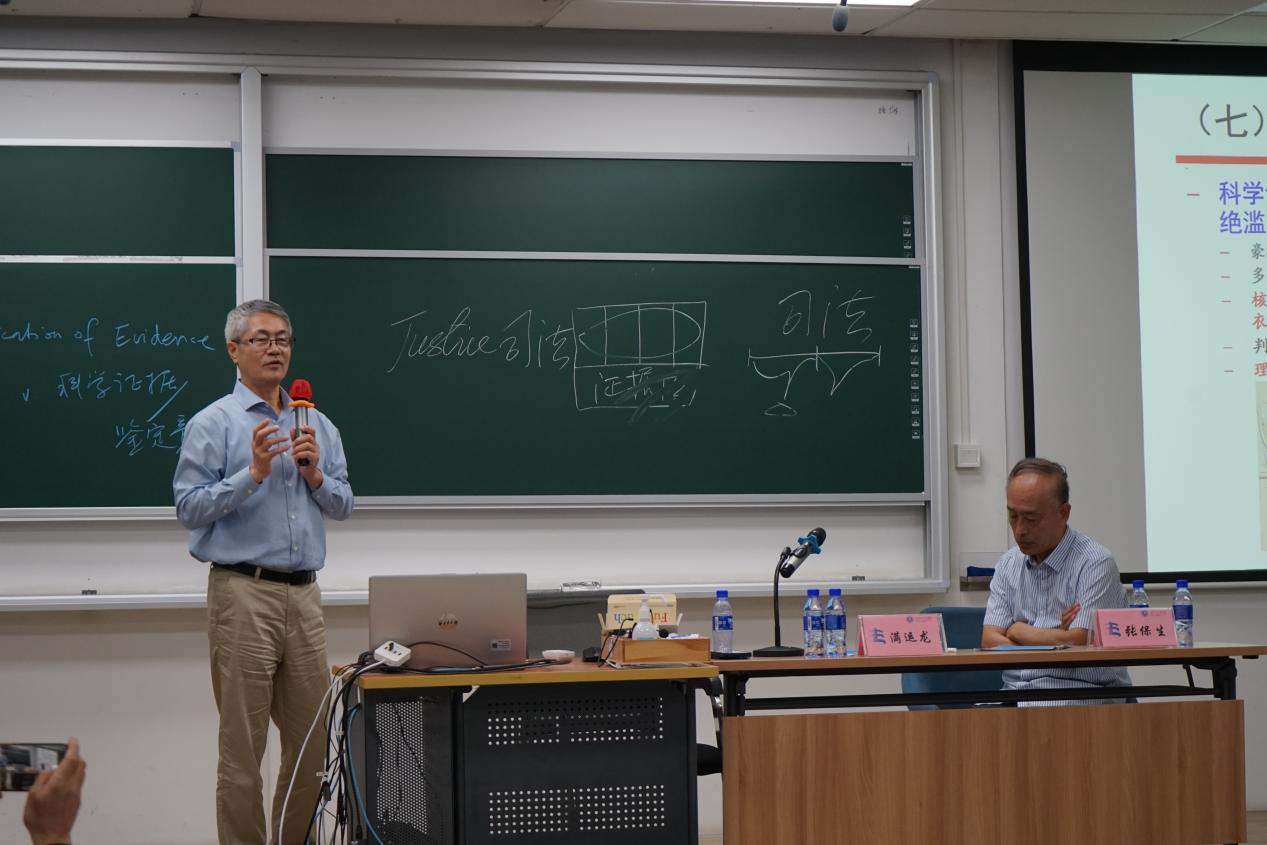
As the lecture drew to a close, Dr. Jin Zhenbao, alongside the students, posed inquiries regarding the courtroom roles of expert witnesses in medical malpractice cases, the criteria for assessing the efficacy of expert testimony, the standing of evidence law within academic disciplines, and the distinction between the admissibility of evidence and its probative worth. Professors Zhang Baosheng and Man Yunlong listened attentively and responded to each query with patience, leaving an indelible mark and provoking valuable contemplation among the students in attendance.
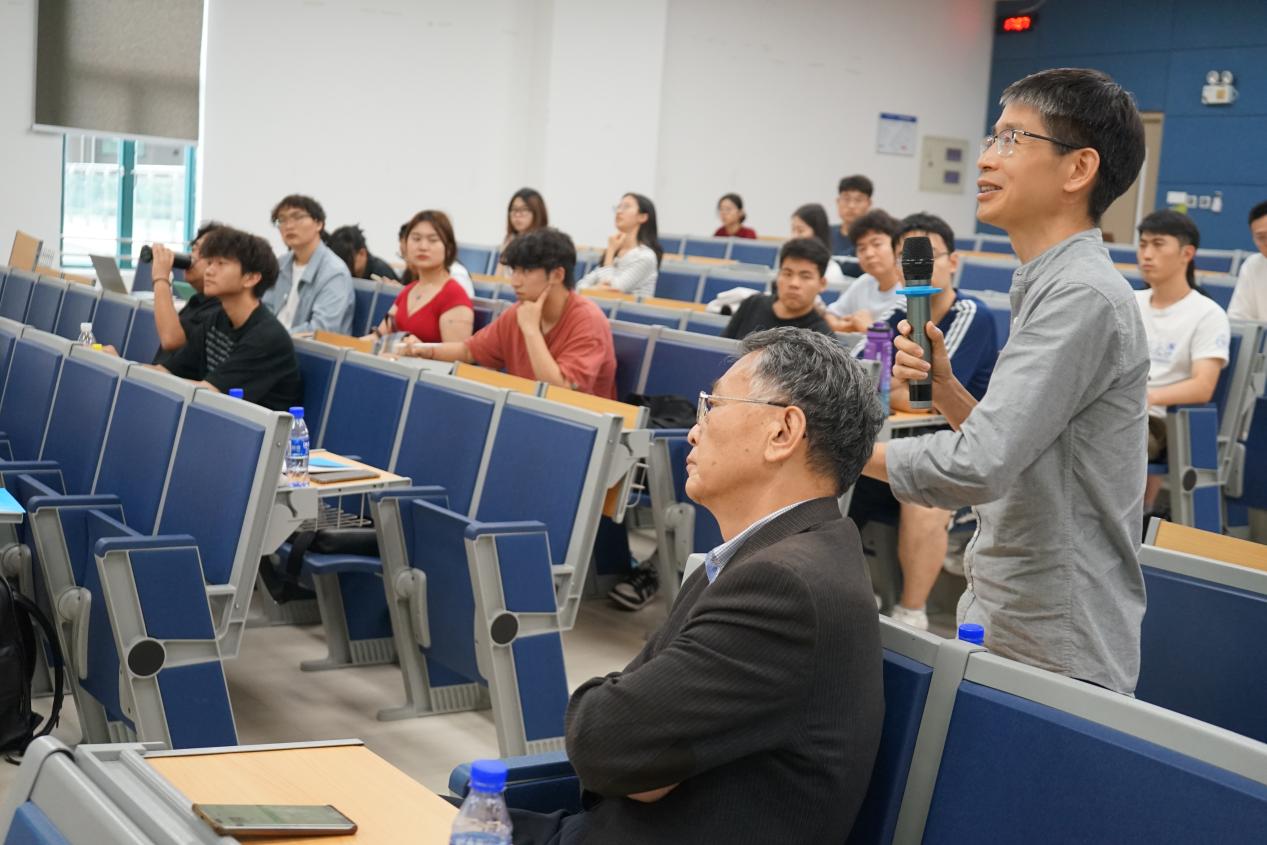
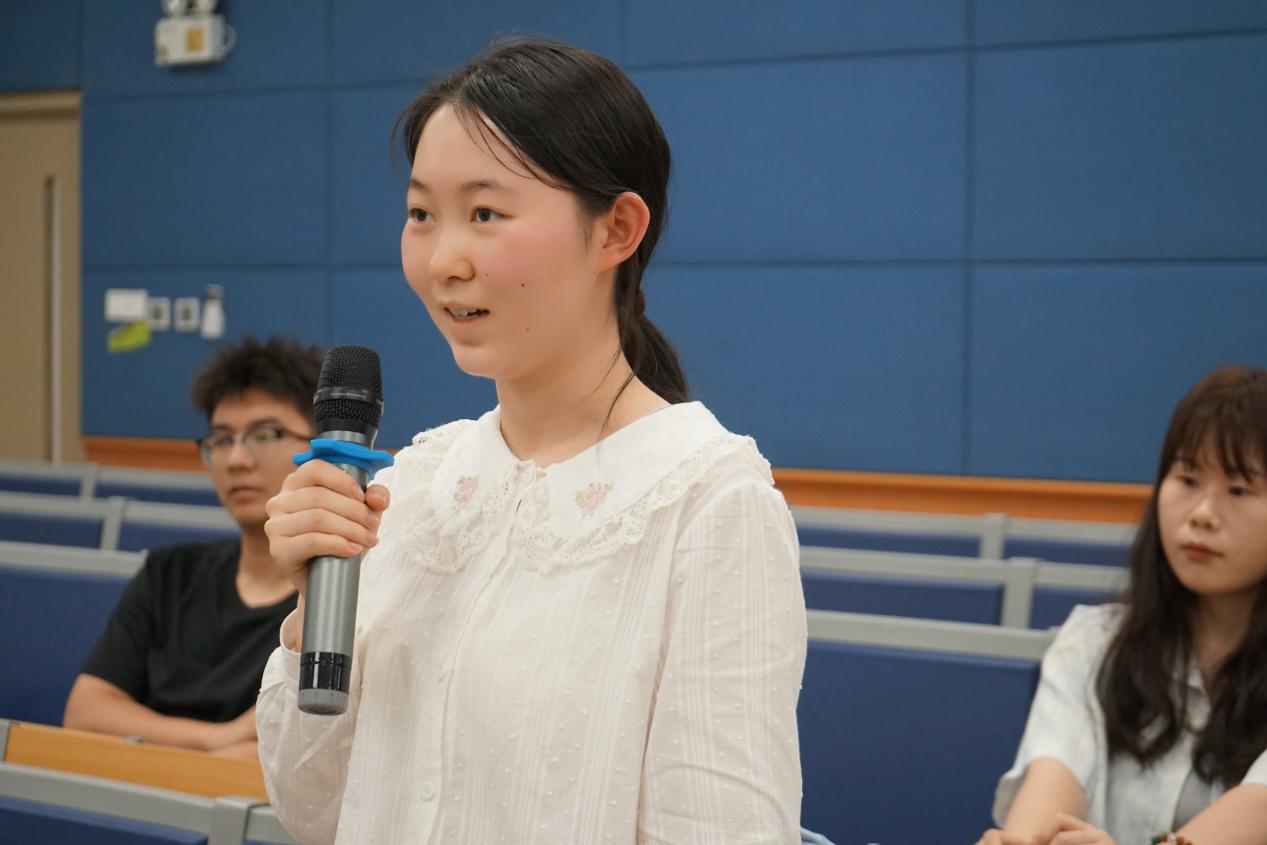
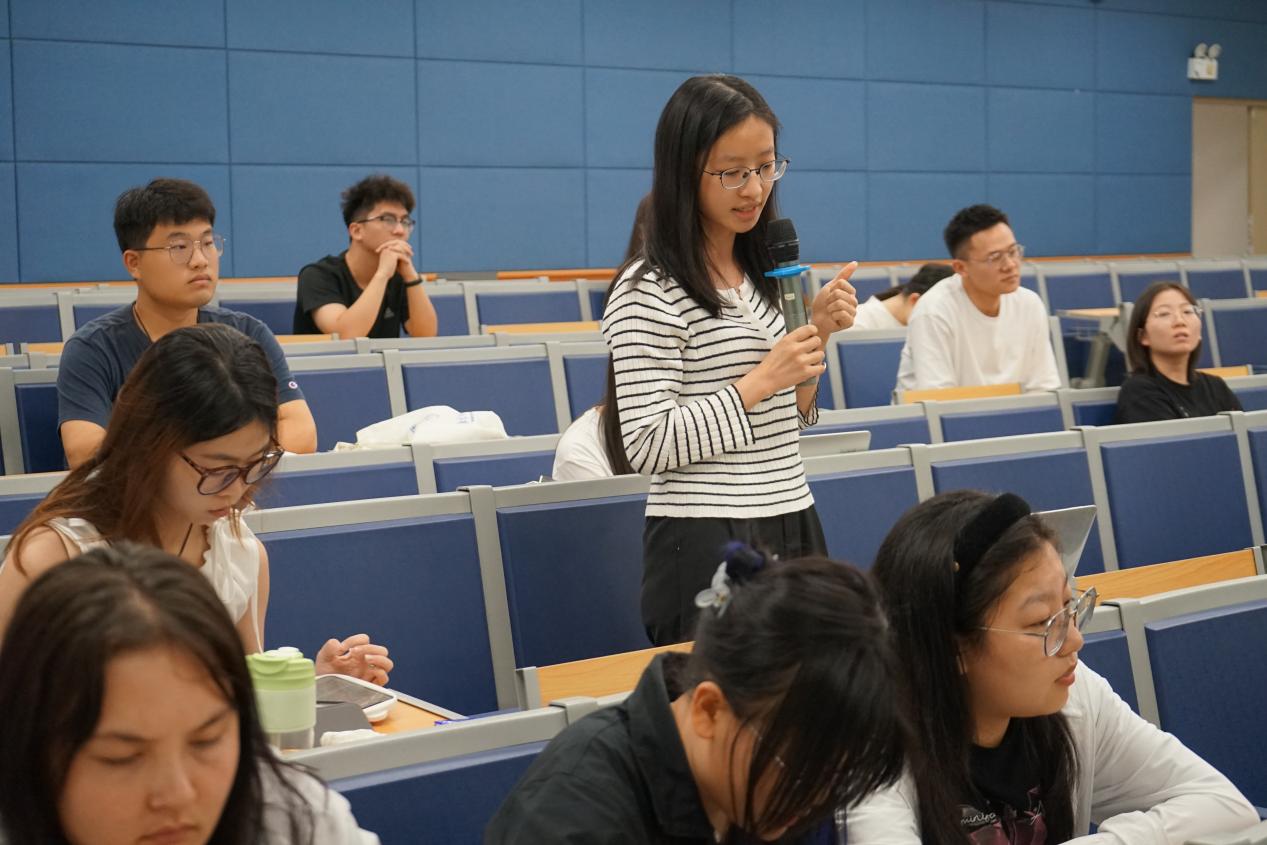
Hence, the lecture culminated in a successful finale, bathed in the resounding and appreciative applause of the assembled faculty and students.
